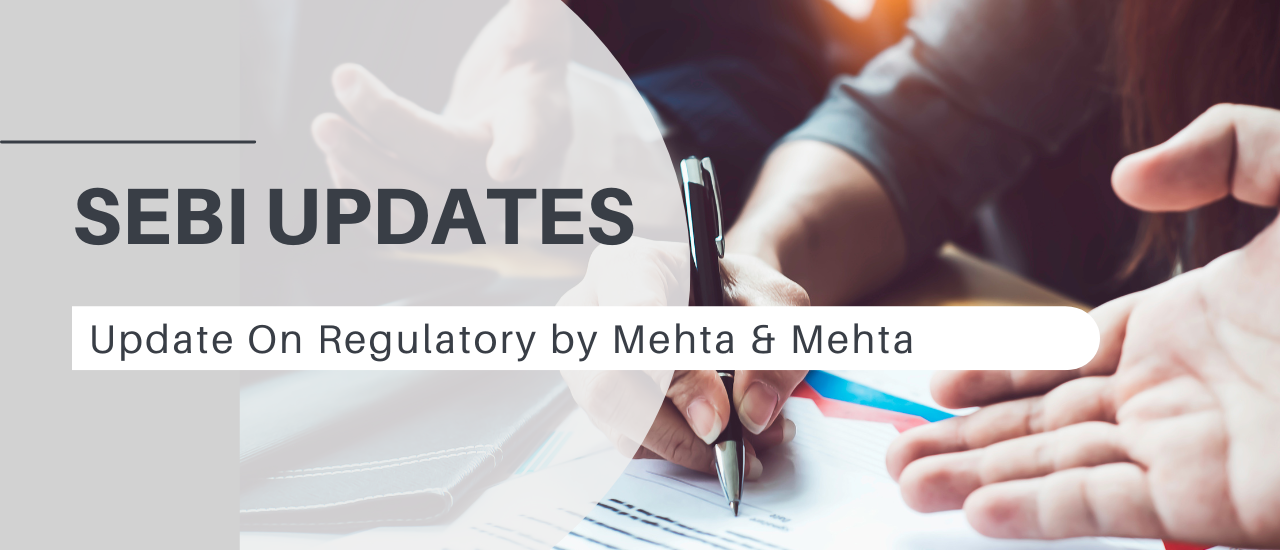



SEBI vide circular has issued an Amendment to the Guidelines on Anti-Money Laundering (AML) Standards and Combating the Financing of Terrorism (CFT) /Obligations of Securities Market Intermediaries under the Prevention of Money-laundering Act, 2002 and Rules framed there under.
The key changes brought about by these amendments and their implications:
Enhanced AML/CFT Measures in Host Countries
One of the noteworthy additions to the regulations is the requirement for financial groups to apply additional measures when the host country does not allow proper AML/CFT implementation consistent with home country requirements. These additional measures are aimed at managing Money Laundering (ML) and Terrorist Financing (TF) risks more effectively. It’s crucial for these financial groups to inform the Securities and Exchange Board of India (SEBI) about these measures, ensuring transparency and accountability in cross-border financial activities.
Group-Wide AML/CFT Programs
To reinforce AML/CFT efforts, financial groups are now mandated to establish group-wide programs to deal with ML/TF. These programs must be applicable to all branches and majority-owned subsidiaries. Key components include information sharing for Customer Due Diligence (CDD) and risk management purposes, both at the group level and among branches and subsidiaries. Adequate safeguards to prevent tipping-off are also emphasized, ensuring the confidentiality and integrity of shared information.
Trust Disclosure
In cases involving trusts, reporting entities must now ensure that trustees disclose their status at the commencement of an account-based relationship. This additional transparency and disclosure requirement aims to prevent any misuse of trusts in the context of money laundering or terrorist financing.
Beneficial Ownership Identification
The amendments provide clear guidelines on identifying beneficial owners of various entities. These include companies, partnership firms, unincorporated associations or bodies of individuals, trusts, and entities listed on Indian stock exchanges or in specific jurisdictions. The criteria for identifying beneficial owners include ownership percentages, control, and senior managing officials.
Periodic Updates
Registered intermediaries are now responsible for periodically updating client and beneficial owner information collected through Customer Due Diligence (CDD). This ensures that the information remains relevant, especially for high-risk clients, and strengthens the monitoring of potentially suspicious activities.
Strict CDD Procedure
The amendments introduce a stringent requirement: no transaction or account-based relationship can be undertaken without following the CDD procedure. This ensures that proper due diligence is conducted before any financial activity is initiated, reducing the risk of illicit money flow.
Politically Exposed Persons (PEPs)
The amendments incorporate specific norms applicable to PEPs, consistent with the Prevention of Money-Laundering Rules, 2005. These norms also extend to family members, close relatives, and associates of PEPs, ensuring comprehensive coverage in AML/CFT efforts.
Enhanced Due Diligence (EDD) Measures
Registered intermediaries are now required to apply EDD measures proportionate to the risks associated with business relationships and transactions involving natural and legal persons from countries for which the Financial Action Task Force (FATF) prescribes such measures.
Records Retrieval
In situations where registered entities lack records of their client’s identity, they must promptly obtain these records. Failure to do so will lead to the closure of the client’s account, emphasizing the importance of record-keeping for AML/CFT compliance.
Appointment of Principal Officer
To streamline the reporting of suspicious transactions and assessments, registered intermediaries are now required to appoint a Principal Officer, who acts as a central reference point for these activities. This officer must be at the management level and serve as a bridge between internal operations and the authorities responsible for AML/CFT oversight.